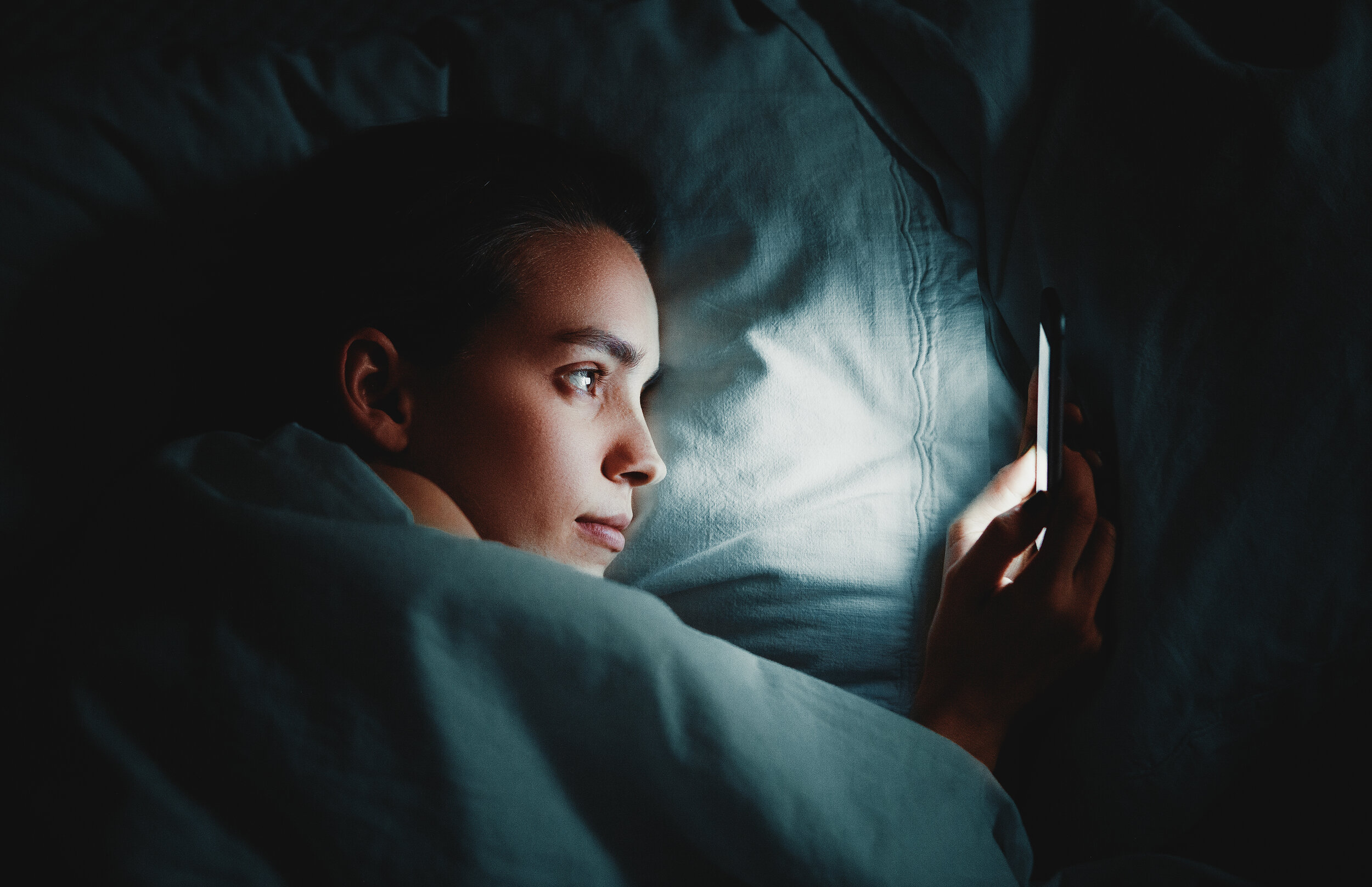Does this scene sound familiar?
You’re tossing and turning, staring at the ceiling, thinking about your day, or checking your phone. Basically, you have insomnia. Millions of people suffer from insomnia – or the inability to fall asleep and stay asleep – across the world. And with stress levels at an all-time high, it’s very likely you’re one of the many sufferers. Luckily, all is not lost.
There are many different remedies and strategies to battle insomnia, and while they may not be permanent cures, they help you get a few extra hours of sleep that can make a big difference to how you feel in your waking hours.
Identify Your Triggers
Some common triggers for insomnia are drinking caffeine too close to bedtime, scrolling through your phone before bed, or even just using your bed for things besides sleeping – like reading, lounging, or watching TV. When you use your bed for other leisure activities, your brain may be getting its signals crossed. You want your body to know it’s time to wind down and go to sleep when you’re in your bed. This can be tough when it’s your place for other activities as well. Speaking of your bed, make sure it isn’t the root of your sleeping issues. If you wake up in pain, always groggy, or roll around all night, an old or lumpy mattress could be the culprit. Consider mattress shopping and try different firmness levels and mattress styles before assuming the problem is in your head.
Another biological interruption is too much caffeine. Coffee does a great job of waking us up in the morning, but that 3pm mug to get you through the afternoon can mess up your evening, as well. Try to have your last cup of coffee by lunchtime, and then switch to a decaf tea if you still need something warm for your afternoon routine. Definitely limit caffeine after your commute home, as this is sure to keep you wired into the night hours. Finally, a lot of us peruse social media or send emails before bed, but the light from your phone as well as the stimulation of whatever you’re looking at can set your brain in an “awake” mode for hours. A lot of people choose a specific time to set their phone down for the night — 9pm, for example, if you go to bed at 10 or 11 — and don’t pick it up again until the morning. Depending on your bedtime, choose a time an hour or so before you want to fall asleep and put your phone to bed first.
Use Technology to Help Soothe You to Sleep
Didn’t we just say to stay off your phone at bedtime? Technically, yes, but that doesn’t mean you can’t set up a few sleep-happy strategies before putting it on Do Not Disturb. A silent room can be surprisingly distracting, so check out the ambient noise offerings on music streaming apps for the sounds of natural rain, thunder, white noise, and rolling ocean waves to lull you to sleep. There are plenty of bedtime podcasts that use softly-read bedtime stories or brain-relaxing meditations to give you something to focus on and drift off to instead of pure silence. Plus, many streaming platforms offer a sleep timer, so you don’t have to worry about it playing until morning. Led meditations and breathing exercises are great options to calm you down and zone you out before bed.
Use Natural Remedies
Really want to avoid technology before bed? We don’t blame you! If your bedroom is a no-phone-zone at bedtime, try natural options like lavender, a flowering plant in the mint family, to wind you down. Lavender is known as a soothing, bedtime scent that can be used in bubble bath, room sprays, candles, aromatherapy oils, and even tea to click your body into sleep mode. Melatonin, a naturally occurring hormone in our brains that puts us to sleep, can also be disturbed by those bright phone screens and bedroom TVs. When we have too much artificial light, our brains are tricked into thinking it’s daytime and doesn’t release enough melatonin to help us sleep. This can be remedied with supplements in pill and liquid forms available at most health food stores or and pharmacies.
Similar to the podcasts listed in the last section, focusing your mind is a great way to quiet your thoughts for sleep and you don’t even need an accompanying playlist. Meditation is something that can be done anytime, anywhere (except while operating heavy machinery), and all you need is your body. Meditation is simply slow, steady breathing while being still. Observe your breath, body, thoughts, feelings, and sensations as they come and go, and you’ll enter such a state of calm you’ll drift off in no time.
Try Not to Stress
Not getting enough sleep is stressful — and stress is counterintuitive to getting more sleep. A tough situation, but not impossible to fix. As you go through your nighttime routine and try new methods for sleep, don’t get frustrated if it feels like it isn’t working. Have you ever had the feeling that the harder you try to sleep and the more times you check the clock to see how late it’s getting, the less you’re able to fall asleep? Getting upset about not being able to sleep will only make your problem worse. Take some deep breaths, refocus your thoughts, and try again.
Try out a few different methods and see what works. Your podcasts could work great until one night you’re wide awake at 3am again — instead, maybe try melatonin to rev up your sleep-inducing chemicals. Or if you’re out of your favorite lavender tea, use a night rain playlist to quiet your mind. Mix and match, experiment, and find what works for you. It’ll likely be a combination of methods! Sweet dreams!






